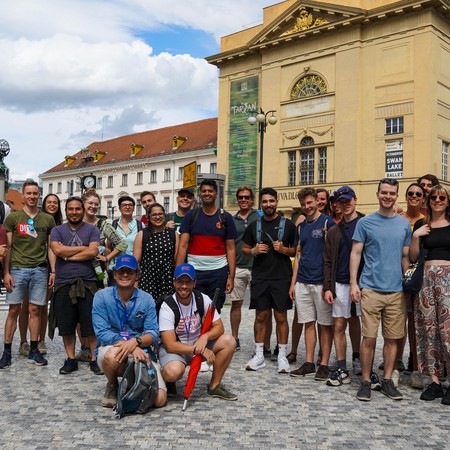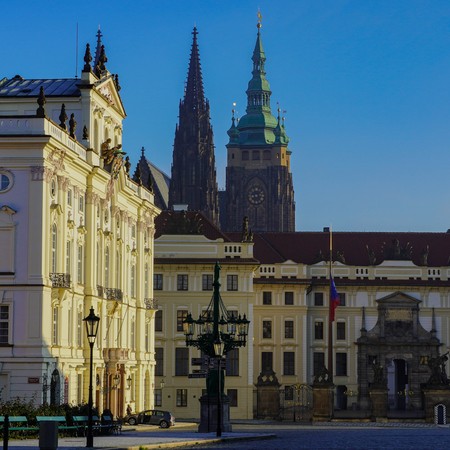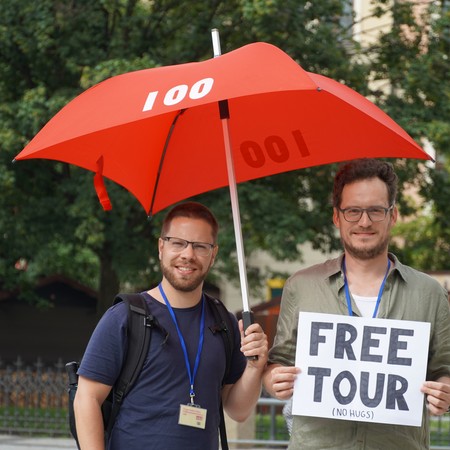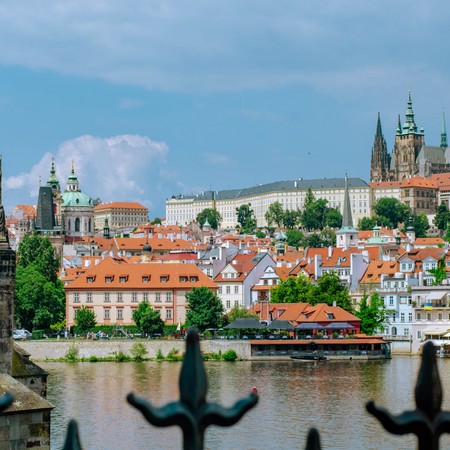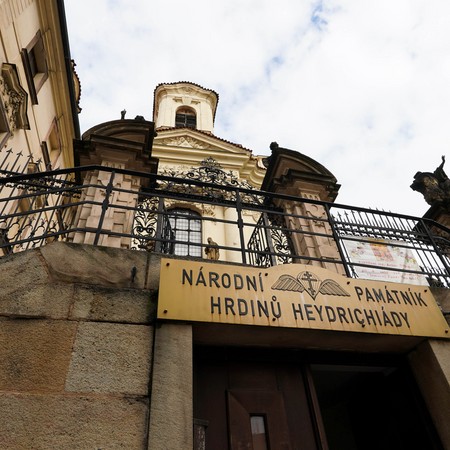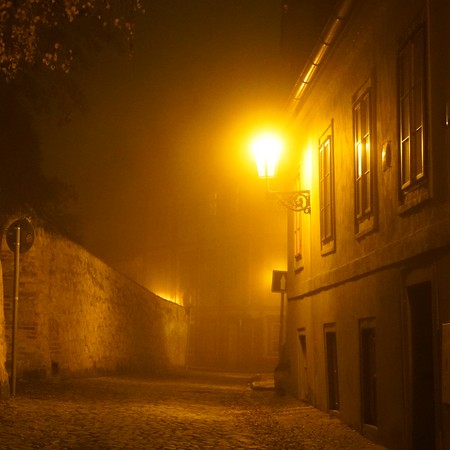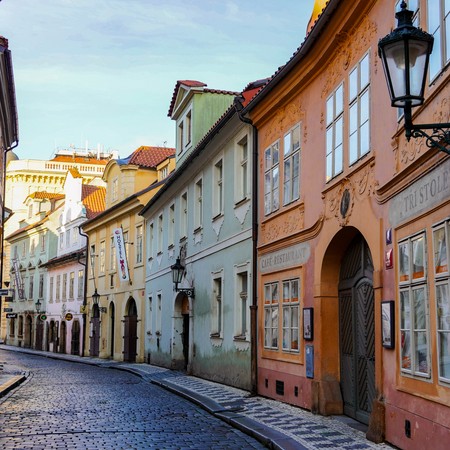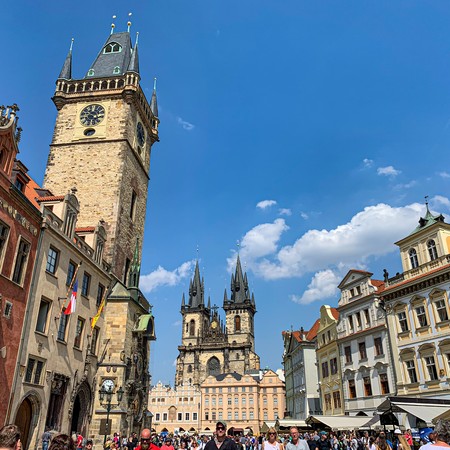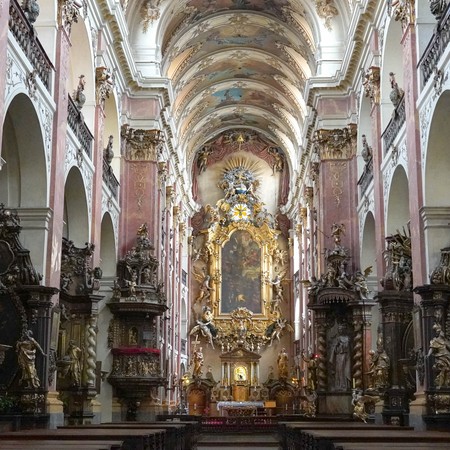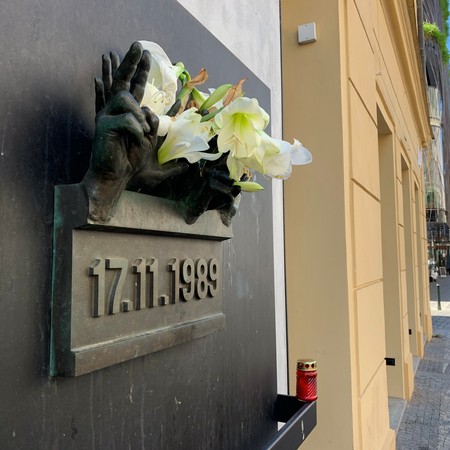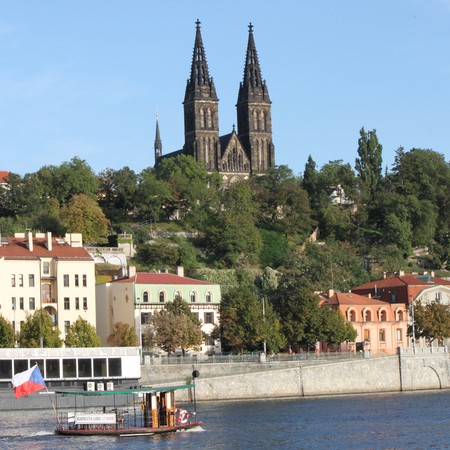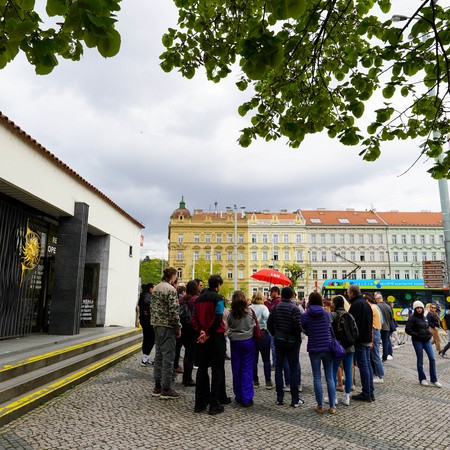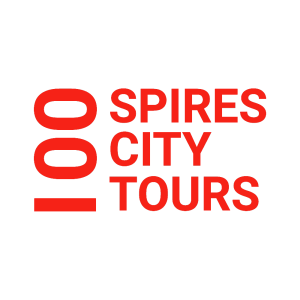Velvet Revolution - Facts and Timeline
Velvet Revolution - Definition
Velvet Revolution was a series of non-violent protests held from November 17th, 1989 that led to a power switch in, back then, Czechoslovakia.
Why is it called the Velvet Revolution?
The name refers to the final protests against the communist regime that started in November 1989. Compared to the protests in other former communist states, Czechoslovakian protests were much more peaceful and smooth, like velvet. Protesters were holding hands, singing, playing guitars, and giving the riot police flowers.
Velvet Revolution - Prior events
- November 17th, 1939 - the death of a Czech student Jan Opletal 4 days before sparked protests against the Nazi occupation. On the same day, Adolf Hitler orders to close down universities, and leaders of students' uprising are sent to concentration camps. 17th of November later is proclaimed as an International Students Day.
- February 25th, 1948 - Communist Party seizes power in Czechoslovakia, and Clement Gotwald takes the presidential post.
- January 5th, 1968 - the beginning of the Prague Spring, a liberalization movement led by Alexander Dubcek.
- August 21st, 1968 - Soviet Union and Warsaw Packt troops invaded Czechoslovakia.
- February 19th, 1969 - Jan Palach dies from self-immolation that he committed as an act of resistance against the Soviet invasion.
- January 1977 - the first anti-Communist manifesto called Charter 77 is written.
- January 1989 - Palach's Week was held in memory of the student. Although the protests were not approved by the Communist Party, thousands of people joined them.
Velvet Revolution - Time Line
- November 9th - the fall of the Berlin Wall.
- November 16th - peaceful students' protests in Bratislava.
- November 17th - other non-violent student protests are organized in Prague. The procession goes to Vysehrad from where they attempt to walk through the Wenceslas Square, but it is blocked off. The crowd then goes to the riverbank and turned to Narodni Trida, but they are halted by the riot police from both sides of the street. Eventually, the students are "released" through the shield corridor and beaten with batons.
- November 18th - the rumor about the death of one of the protesting students starts to spread around Prague. Martin Šmíd, the person claimed to be dead by his alleged friend Dragomíra Drazská, is alive and even gives the interview on the National television later. Nevertheless, the news serves as a catalyst and more people hit the streets to protests against the regime.
- November 19th - Vaclav Havel and other Charter 77 members establish Civic Forum where they demand the dismissal of those responsible for violence against the protesters, releasing political prisoners and independent investigation.
- November 20th - the first mass demonstration of 100,000 people is held in Prague. Students and actors declare a permanent strike, while Civic Forum is trying to negotiate a better deal with the Communist Party.
- November 21st - demonstrations are now held in all major cities in Czechoslovakia. The Communist Prime Minister promises not to use police violence against protesters while still asserting that the party will not give up their posts. Vaclav Havel gives a speech from the Melantrich balcony to approximately 200,000 people on Wenceslas Square.
- November 22nd - the Civic Forum announced a two-hour general strike that was shown on Federal television, but was quickly cut off.
- November 23rd - the Minister of Defence is preparing the military, but during his TV announcement reassures that he will never use it against protestors.
- November 24th - Czechoslovak TV and Radio join the opposition and show the demonstrations and Vaclav Havel on the Federal channel.
- November 25th - the number of protestors in Letna reached 800,000 people.
- November 26th - Vaclav Havel meets the Prime Minister, Ladislav Adamec.
- November 27th - the two hours general strike was attended by 75% of the population. The Ministry of Culture ends the censorship of the anti-Communist literature.
- November 29th - the Communist party removes the clause about its "leading role" from the constitution.
- December 7th - the Communist party resigned.
- December 29th - Vaclav Havel becomes president.
Looking for the best place to stay in Prague? Check out our Top Prague Hotel Picks for any season and budget! <- click here
See other Prague Travel Tips.
Author: Valeriia Zahradnikova and Vaclav Zahradnik, Prague guides certified by Prague City Tourism agency. Valeriia and Vaclav have worked in tourism for over 6 years and have guided thousands of Prague visitors.
